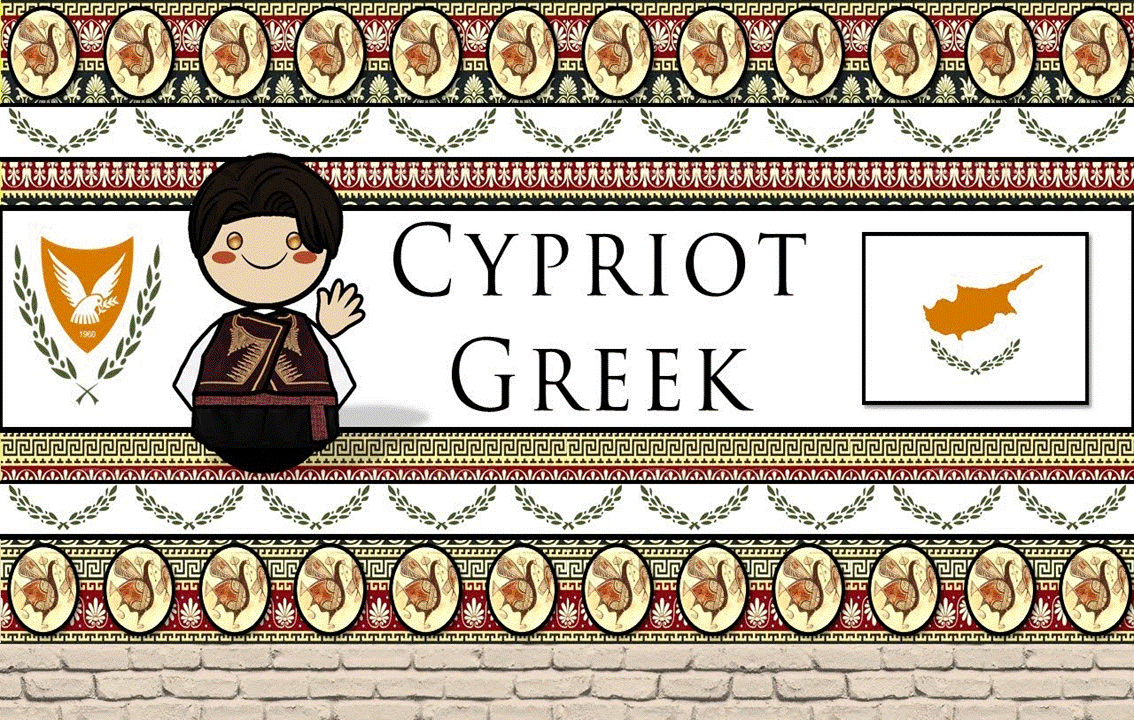A UNIQUE DIALECT
FOR A UNIQUE PEOPLE
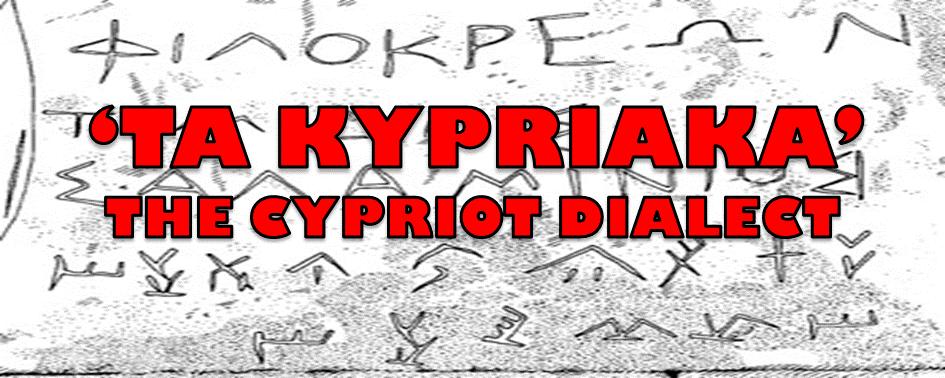
A SPECIFIC VARIANT OF MODERN DAY GREEK
Like Greece, the official language of the Republic of Cyprus is Greek. Cypriots, however, speak with a very distinct and harsh dialect that has developed into a unique identifier. Known as ‘Kypriaka’, the Cypriot dialect retains several facets of the original ancient Greek language that stemmed from ‘Koine Greek’. Today ‘Kypriaka’ forms a unique variant of the modern Greek language spoken in other regions of the Hellenic world.
HISTORICAL DEVELOPMENTS & INFLUENCES
Over the centuries various foreign occupying powers have dominated Cyprus at different times. As a result, they have all left an indelible mark that has helped to create a historical melting pot on the island. This is directly reflected throughout the island’s architecture, culture, food, history, and more notably, its language. Greek in origin, the historical developments that have shaped the Cypriot dialect, tell the story of the island’s resilience. Cypriots have struggled to retain their predominantly Greek culture for centuries. One of the main ways, they have managed to keep their Hellenism, is through their language.
GREEK AT ITS CORE
The Cypriot dialect also reflects the historical, cultural, and social influences within Cyprus. The Cypriot dialect has remained Greek at its core, but other languages of the region such as Phoenician, Turkish, Arabic, Maronite, Armenian and Latin have all influenced it. This has helped to further its development as a unique dialect. As a result, the dialect displays a vast vocabulary, which borrows from all of these languages. This fusion of words, in some ways, has over the years helped to represent unity between the different communities on the island.
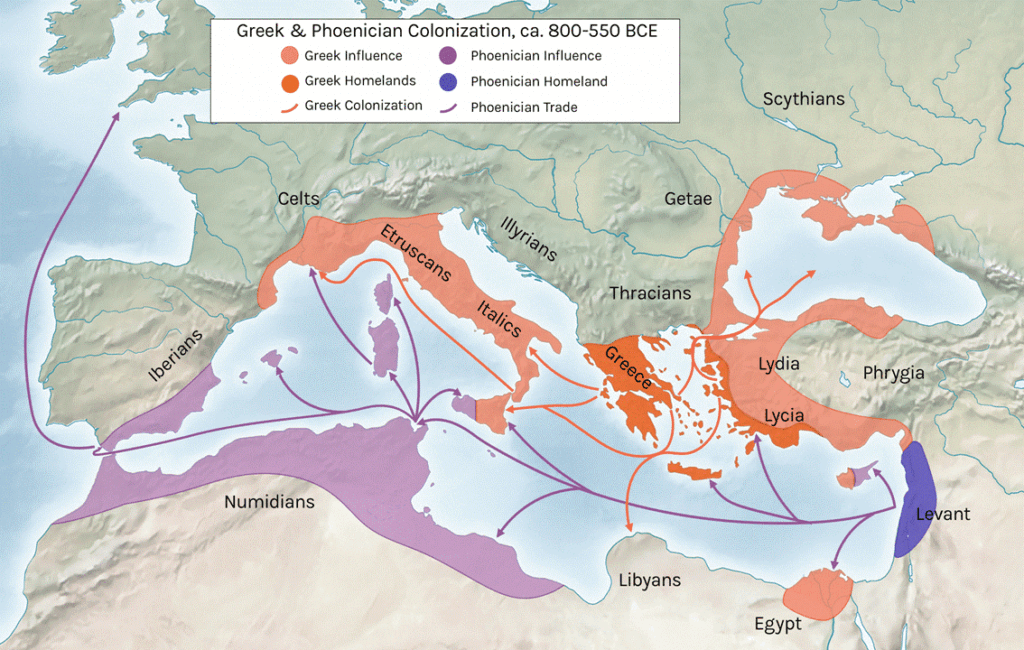
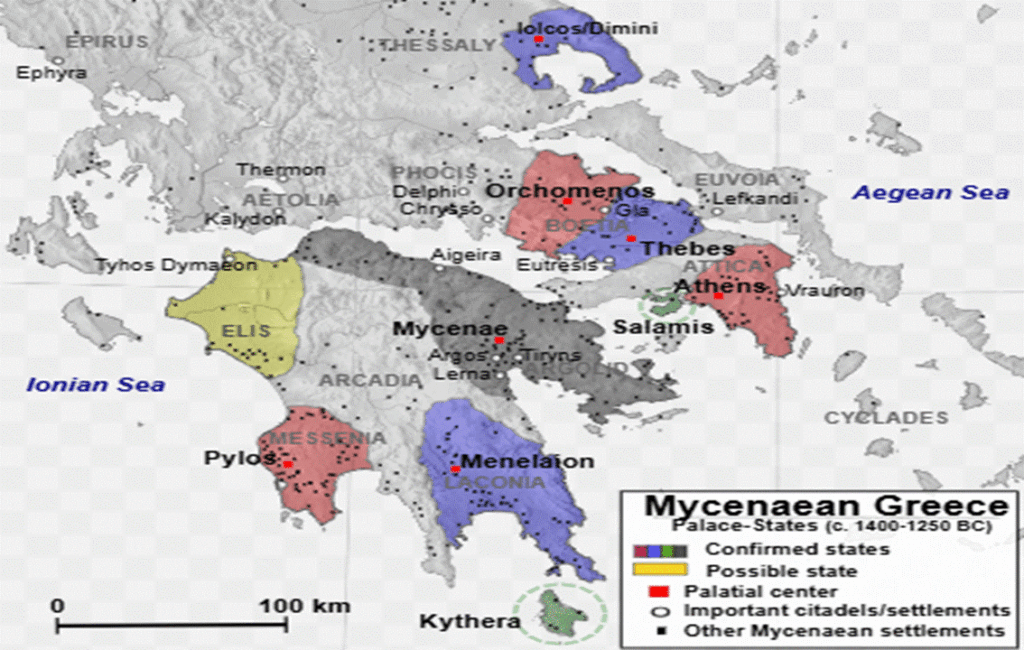
ANCIENT GREEK SETTLERS
Ancient Greek settlers are thought to have arrived on the island during the the 12th century BC. They are thought to have arrived originally from southern Greece and Crete, bringing their language with them. These settlers, more notably from Mycenae and Sparta, spoke a specific ancient Greek language known as ‘Koine Greek.’ This dialect of Greek was considered much harsher than the more refined language spoken in Athens at the time. The roots of the Cypriot dialect can be directly traced back to this early form of Greek language and today forms the basis of the local vernacular. The language of the island then became isolated in some ways and began to develop its own unique phonetic overtone. This largely remained uninterrupted until the Hellenistic period following Alexander the Great’s conquests in the 4th century BC.
A HELLENISTIC WORLD
Cyprus made up part of Alexander the Great’s Hellenistic Empire and after his death in 323 BC, the island was dominated by Greek Ptolemaic rulers. This further solidified the Greek language and the overall Greek culture on the island. However, during this period, the local dialect yet again began to interact with other languages, more notably with the language spoken by Phoenician traders. These foreign influences greatly affected the languages linguistics allowing it to phonetically develope further.

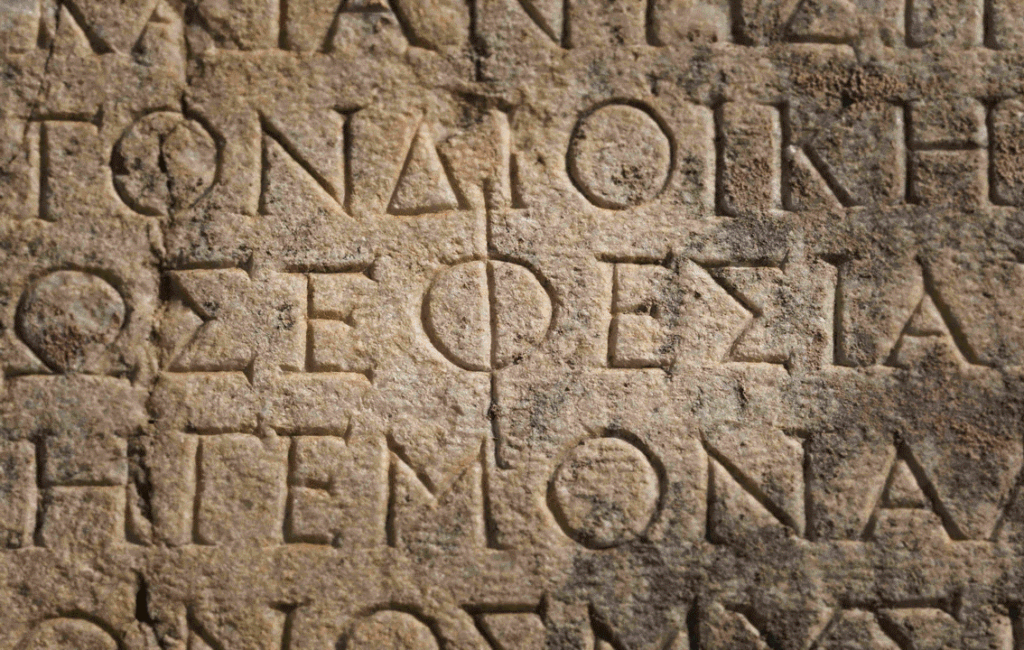
THE DOMINANT LANGUAGE ON THE ISLAND
Although Greek was still the dominant language on the island during the Roman era. However, their interaction led to several Latin loan words being introduced to the Cypriot dialect. Although still strong, the Latin influence was then somewhat muted during the predominantly Greek Byzantine era that followed. The Greek Orthodox Church, which was the main advocate for the education system at the time, used Greek as its main language, helping to preserve a Greek Cypriot heritage.
TURKISH INFLUENCES
Latin influences returned under both the Frankish and Venetian eras that followed. The most significant external influence on the dialect, however, came later during the period of Ottoman rule. Ottoman control resulted in modern Turkish emerging as the new dominant language. This again affected the vocabulary and phonetics of the Cypriot dialect and a range of Turkish loan words were gradually introduced into the Greek Cypriot dialect. These new words went on to blend seamlessly into the local vernacular, further moulding the Greek Cypriot dialect into its overall unique Cypriot context.
ENGLISH INFLUENCES
British colonial rule further developed the Greek Cypriot dialect. The exposure to various colonial administrative terminologies and the establishment of English as the island’s second language, within the education system, occurred simultaneously. Several English loan words began to appear in the dialect leading to yet another unique hybridisation of some words. This along with the preservation of the Modern Greek cultural identity, again led to a distinctive new Cypriot Greek lexicon.
THE LINGUISTIC FEATURES OF THE CYPRIOT DIALECT
The Cypriot dialect today exhibits several linguistic features that distinguish it from today’s standard Modern Greek language. Phonologically, it has retained certain archaic phonetic elements that have largely disappeared from other modern-day Greek dialects. For instance, the diphthongs and specific vowel sounds in the dialect reflect features similar to those of ancient Greek, providing a direct link to its linguistic origins. Morphologically and syntactically, the dialect also diverges from standard Modern Greek and preserves certain grammatical structures and forms that have been in decline in other Greek dialects. Additionally, the use of diminutives and augmentatives is more prevalent in the Cypriot dialect lending a unique flavour to its oral traditions and communication styles.
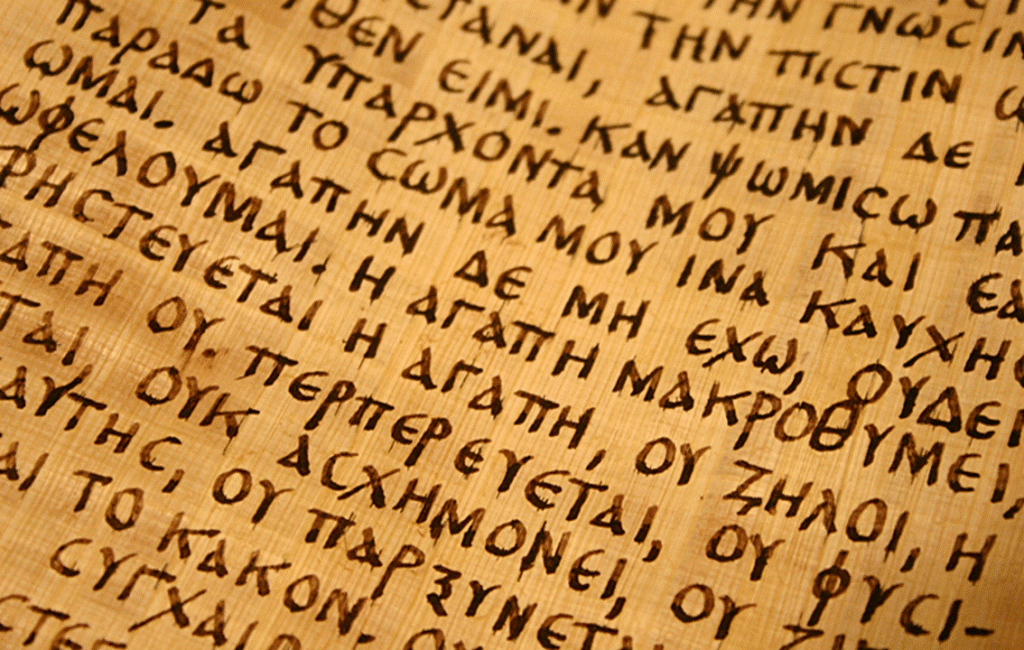
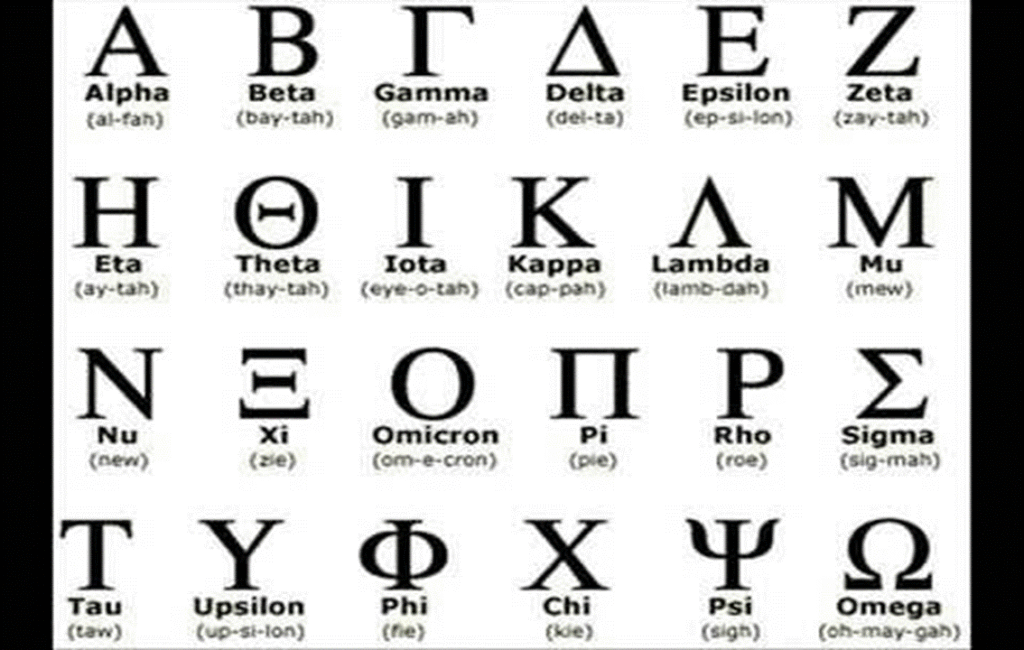
A NATIONAL IDENTITY
In the past, the Cypriot dialect has been used as a vehicle for the expression of national identity. This has occurred particularly during periods of political turmoil. A good example of this is the struggle for independence from British rule in the mid-20th century. This movement used ‘Kypriaka’ to support their cause within the context of modern literature. Nationalist songs, specifically using the dialect, also emerged. The dialect during these times became a symbol of unity and Cypriot identity.
A DIALECT OF CULTURAL IDENTITY
Understanding and appreciating the historical developments of the Cypriot dialect provides valuable insights into the complexities of language and cultural identity in the modern world. The dialect today serves as a stark marker that immediately identifies Greek Cypriots from other Greeks. This also fosters a sense of unified belonging among speakers that plays a crucial role in shaping a Cypriot cultural identity. The dialect remains deeply embedded into the island’s folklore, literature, and music, and this often reflects local Cypriot customs and traditions.
A VITAL COMPONANT OF CYPRIOT IDENTITY
Today, the Cypriot dialect faces probably its most relevant challenges. The ongoing efforts to preserve and promote the dialect highlight its significance, not only as a means of communication, but also as a vital component of the Cypriot identity. Globalisation and the dominance of standard Modern Greek, directly from Greece, are constantly threatening the island’s linguistic vitality particularly in formal education and media. This has led to a decline in the use of ‘Kypriaka’ among younger generations. This along with the increasing exposure to English, and other global languages, has contributed to a shift in linguistic practices. Efforts to preserve and revitalise the Cypriot dialect, however, are underway. Some cultural institutions, educational programs, and local media have started to integrate the dialect into their offerings. This has fostered a renewed appreciation for it. Moreover, contemporary Cypriot authors are increasingly incorporating the dialect directly into their literary works ensuring that it is also represented in Modern Greek Cypriot literature.

